Vice President ZHOU Jianghong leads delegation to South Korean and Japanese universities
From June 19 to 26, ZHOU Jianghong, Vice President of Zhejiang University, led a delegation of humanities and social sciences professors on a trip to universities in South Korea and Japan. The delegation engaged in in-depth discussions on talent cultivation, research cooperation, and sustainable development with key partner universities. Their itinerary included Yonsei University, Seoul National University (SNU), Korea Advanced Institute of Science and Technology (KAIST), Hitotsubashi University, the University of Tokyo (UTokyo), and Kobe University (Kobe U), aiming to strengthen collaborative relationships.
On the morning of June 20, ZHOU Jianghong’s delegation visited Yonsei University and met with Professor Sang Hoon Youm, Associate Vice President for International Affairs, and representatives from the College of Social Science. Their discussion hightlighted their close partnerships in botany, environmental science, and design under the CAMPUS Asia Project. Both parties agreed to further strengthen student exchanges and promote cooperation in the field of humanities and social sciences.
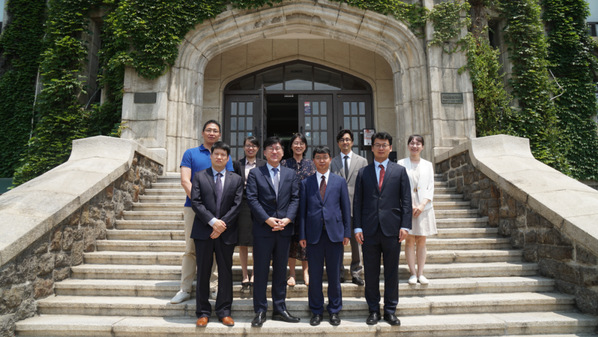
On the afternoon of June 20, the delegation met with Professor Sun-Young Kim, Deputy Vice President of International Affairs at Seoul National University. The two universities signed a new round of inter-university student exchange agreements, aiming to involve more students in various academic and cultural exchange activities. To further enhance partnership in education, the education colleges of the two universities also signed a new MoU on cooperation.
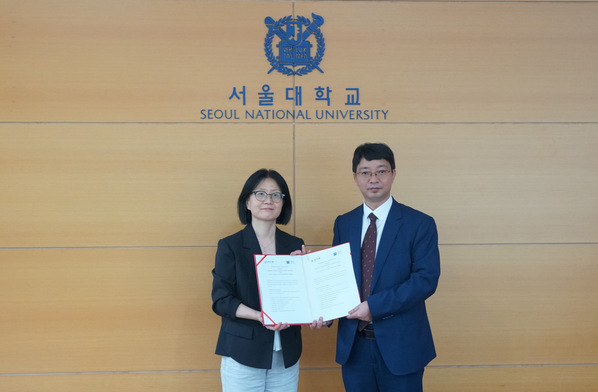
On June 21, the delegation met with Professor Man-Sung Yim, Vice President for KAIST International Office. They reviewed their long-term cooperation programs in architecture and energy, and reached a consensus on advancing educational and scientific research cooperation in sustainable development-related fields. The delegation also visited KAIST Vision Hall and the KAIST Institute — the hub of open innovation and inter- and multidisciplinary research, thereby gaining insights into KAIST’s initiatives in cutting-edge science and technology and interdisciplinary research. The highly global curriculum at KAIST made a deep impression on the delegation. Additionally, dialogues were conducted between related colleges in fields such as sports engineering and intelligent equipment.

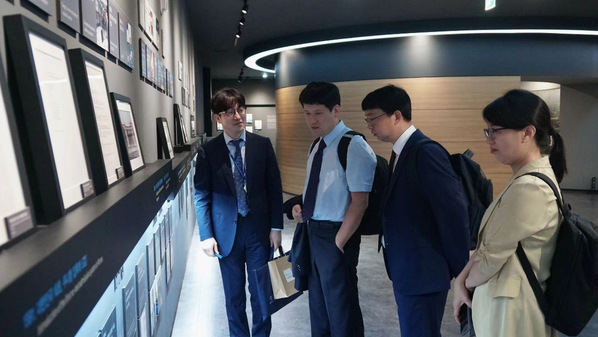
On June 24, the delegation met with Professor Atsushi Yamada, Vice President for International Affairs at Hitotsubashi University. This meeting marked the first in-person exchange between the two universities since the signing of the inter-university cooperation memorandum in 2020. Both universities expressed a strong commitment to further strengthening student exchanges and promoting educational and scientific research collaboration in economics, law, and public policy.
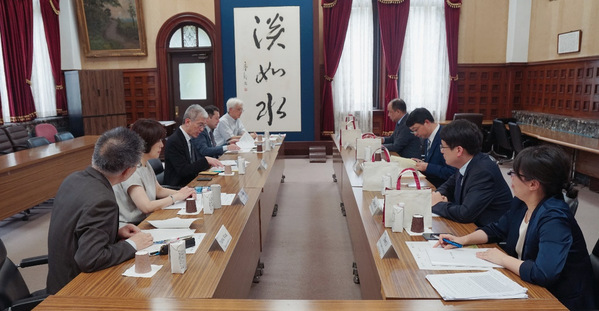
On June 25, ZHOU Jianghong and his delegation held talks with Executive Vice President Kaori Hayashi and Vice President Yujin Yaguchi at UTokyo. They reviewed the two decades of cooperation in multiple disciplines, such as agriculture, law, and life sciences. They also discussed recent endeavors to promote sustainable development and explored further collaboration in climate and energy fields. Meanwhile, they expressed their commitment to encouraging more student participation in exchange programs, deepening academic and cultural exchanges, and establishing a diverse, multidisciplinary, and in-depth cooperation system.
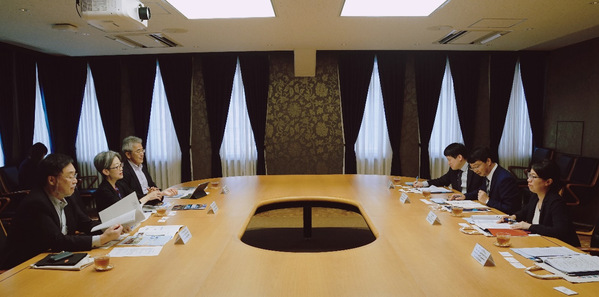
On June 26, the delegation visited Kobe U and received a warm welcome from Tamaki Hisashi, Executive Vice President and Director of the Institute for Promoting International Partnerships. Since the signing of the inter-university agreement in 2008, the two universities have engaged in extensive exchanges and cooperation in law, economics, and history. On this basis, the two universities will further strengthen faculty and student exchanges, and expand cooperation to include marine studies and public policy. During the visit, academic dialogues were also conducted in fields such as law, public administration, and economics.
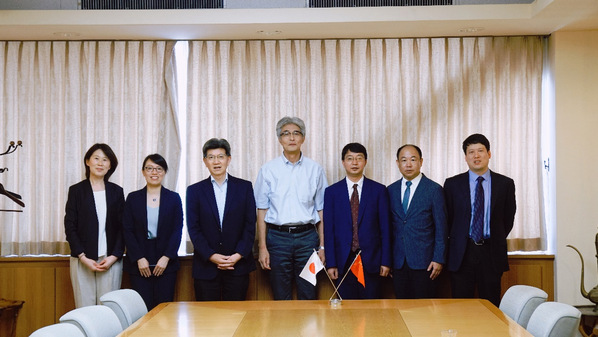
The delegation’s visit to South Korea and Japan reinforced existing partnerships and opened new avenues for collaboration in various academic and research fields. The strengthened ties and renewed agreements are set to foster deeper cooperation and exchange, benefiting both students and faculty in the institutions concerned.